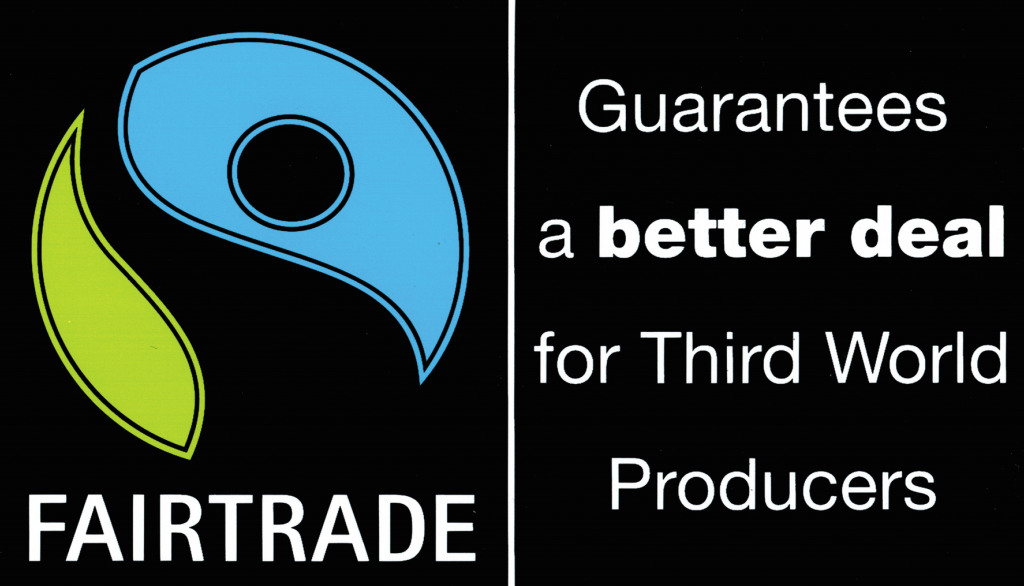Table of Contents
 The proposed bill to make Stanford into a “Fair Trade University” harms the very people it is supposed to help.
The proposed bill to make Stanford into a “Fair Trade University” harms the very people it is supposed to help.
This year’s ASSU Senators were elected on pledges to focus on vital Stanford issues such as mental health and student group funding where they can make a significant impact. It is therefore interesting to note that, just two weeks after being sworn in, a Senator has decided instead to propose a resolution on the perennially prominent campus issue that is Fair Trade. The new resolution urges Stanford to significantly expand its offering of Fair Trade products in dining halls and at meetings. The Fair Trade label describes a uniform production standard, designated by the logo we all know. This policy would allegedly foster awareness that would “expose Stanford students to Fair Trade goods.” While the resolution does have some fantastic lines – “What [students] choose to purchase [significantly] impacts […] artisans” was a personal favourite – the proposal is an atrocious idea because of its irrelevance to Stanford, its negligible impact on global affairs, and, most seriously, its dire consequences for the world’s most needy.
Fair Trade, at first glance, appears uncontroversial and almost morally mandatory: who could oppose working to end child labour in South-East Asian sweatshops and “livable wages” for banana farmers in Peru? The conditions that the Fair Trade label imposes globally, however, are extremely stringent. Small-scale producers must become cooperatives where every worker shares an equal proportion of profit and has equal influence in determining company policy; larger producers need to provide a living wage, high working standards, a guaranteed employment contract, and unions – an interesting final requirement, given that the US considers unions so economically counterproductive that 25 states have implemented right-to-work legislation. It is unlikely that many Senators could enumerate these specific conditions, despite their obvious relevance to assessing the policy.
The Fair Trade organisation itself has engaged in almost no empirical studies to determine whether its model helps the developing world, instead resorting to case studies of smiling farmers. Development economists, meanwhile, found its effects on workers to be unclear. One large study concluded that Fair Trade requirements actually lower wages by demanding that employers pay the same wage regardless of the current price of the export they are selling (as part of the ‘regular contract’ rules). Communities in developing countries that comply with Fair Trade have also, according to the same study, not received any of the schools, hospitals, or improved sanitation that Western buyers are regularly promised on the back of coffee bags.
The above examples illustrate the damage Fair Trade can inflict in specific instances, but all iterations of such policy share four common structural flaws. First, strict oversight and regulatory requirements mean that Fair Trade producers can only realistically operate in relatively well-off areas within developing countries that maintain a strong rule of law. This funnels consumers’ money to more affluent parts of the developing world at the direct expense of poorer areas. Second, fixing the price of labour above its natural rate leads to layoffs, as fewer people can be hired with the same budget. This is especially true in developing countries where relatively unskilled labour can easily be replaced by machines if labour becomes prohibitively expensive. Therefore, even if Fair Trade raises salaries, the ‘hidden cost’ of greater unemployment creates enormous social and individual strife when fewer vulnerable people are able to earn a wage. Moreover, cooperative requirements and over-stringent safety standards eat into people’s take-home wages and their employers’ funds to expand and hire more people. Fair Trade deems impoverished people too stupid to make their own judgements as to whether they would prefer Western health and safety officials parading about with checklists, or enough money to feed their children.
Third, as Economics Professor John Taylor explained in a statement to the Review, Fair Trade labelling “slows productivity growth, thwarting the main source of poverty reduction in poor countries”. Fourth, while ending ‘exploitative labour’ may seem laudable, Fair Trade makes it more likely that the most vulnerable children – in families without the money to support them, or otherwise parentless and abandoned by the state – end up unable to feed themselves and susceptible to gang violence and prostitution. Many poor families need their children to work to make a living because the parents are unable to command a sufficiently high wage. Suggesting that they can put down their tools and go to school is a ludicrous response; countries with widespread child labour have nowhere near enough resources to support an adequate educational system, even if Fair Trade did all it could to finance it.
Economics is often criticised for being a cold subject, but the human costs of unemployment are all too salient in countries just beginning to develop. If the Senate is serious about helping people, they should ask Stanford to spend the money it would have pumped into Fair Trade on deworming initiatives in India, or measles immunisation in sub-Saharan Africa. Either initiative costs between $1 and $3 per life saved. The proposal in the Senate seeks to spend Stanford’s funds on a cause that at best will marginally increase a lucky few workers’ wages, and in so doing put the most needy workers out of a job. Fair Trade is anything but fair; meanwhile, free trade is “a proven source of economic growth and poverty reduction around the world,” according to Professor Taylor. Our Senators can do better than a measure that, as the Economist put it, “eas[es] consciences in rich countries” at the expense of the citizens of impoverished countries it leaves behind.





